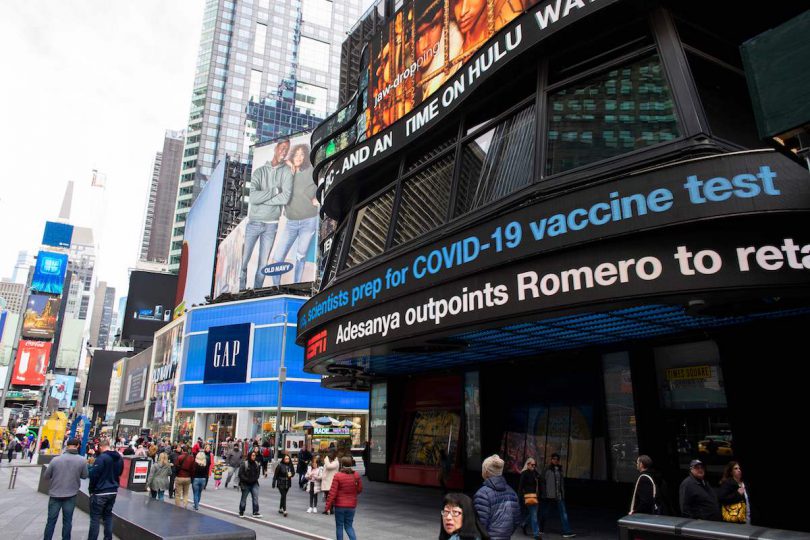How Communicators Can Help Inform the Public During the COVID-19 Crisis
Mar. 18, 2020
Crisis situations impact businesses, industries, associations and organizations of all sizes.
While the circumstances surrounding a crisis vary greatly, there are general best practices PR professionals should be prepared to deploy. Communicators should always advise a cautious, thoughtful and truthful strategy to address any crisis, and not employ strategies or tactics that flame hysteria. This is especially important during a public health concern.
Given the current global crisis as a result of the coronavirus (COVID-19), PR professionals are uniquely positioned to guide communications and offer resources to the public as they navigate a dearth of information.
The speed and level of misinformation and disinformation circulating in the public arena has reached “infodemic” levels. The result is too much information — sometimes inaccurate, and often in scientific terms or medical language that might be difficult to understand.
PRSA and the PRSA Health Academy are taking action to involve members in addressing the communications challenges of the current crisis.

To date, T. Garland Stansell, APR, PRSA’s 2020 chair, has discussed the topic with PRsay as well as several trade publications, including PR News and Bulldog Reporter.
What follows are basic guidelines and resources that PRSA members can use to initiate and support factual conversations in your community and with your internal and external audiences. It is intended to help provide recommendations for the public at large to more easily decipher information related to the coronavirus, and position PRSA members as resource facilitators.
- Be transparent. Respect builds and reinforces credibility.
- Be truthful. Honesty is fundamental to gaining and maintaining public trust.
- Be timely. Establish a sound and regular communication path as the authentic and accurate source.
Understanding media literacy
Understanding and verifying sources, related to any issue, is critical — especially in times of crisis. The digital age is filled with false information, misinformation and disinformation, so consider these points when seeking trustworthy sources:
- Avoid single-source news and seek out multiple major media outlets with varying views.
- Identify established, authentic expertise and think critically — is the source credible?
- Verify and cross-check material through multiple sources.
Here are some reliable resources related to the COVID-19 outbreak:
• World Health Organization (WHO)
Find up-to-the-minute global facts, figures and recommendations here. WHO also offers advice for the public and answers frequently asked questions.
• Centers for Disease Control and Prevention (CDC)
Research U.S.-specific facts, figures and recommendations for prevention and treatment from medical experts here. The CDC also provides many communication resources.
Other valuable resources include the U.S. Food and Drug Administration, the Environmental Protection Agency and the Department of Labor’s Occupational Safety and Health Administration.
Photo credit: Denver Post

